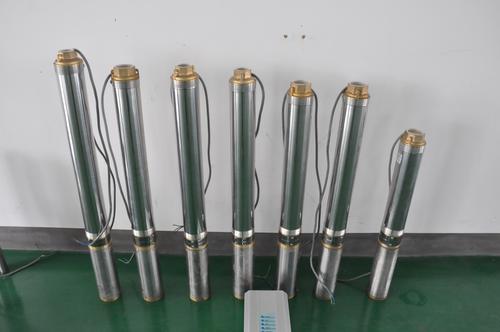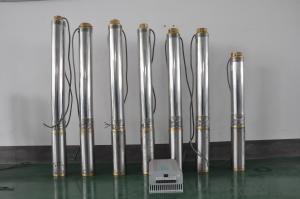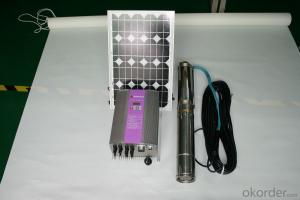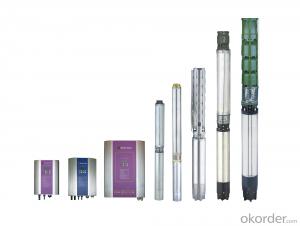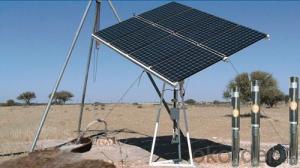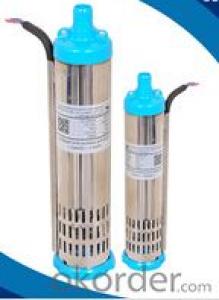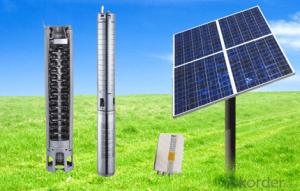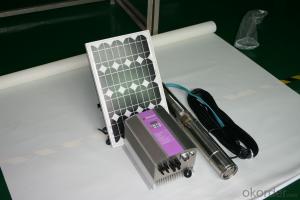Solar Pump for Ponds - Solar Irrigation Water Pump
- Loading Port:
- Shanghai
- Payment Terms:
- TT OR LC
- Min Order Qty:
- -
- Supply Capability:
- 300 set/month
OKorder Service Pledge
Quality Product, Order Online Tracking, Timely Delivery
OKorder Financial Service
Credit Rating, Credit Services, Credit Purchasing
You Might Also Like
how is the rotor made:
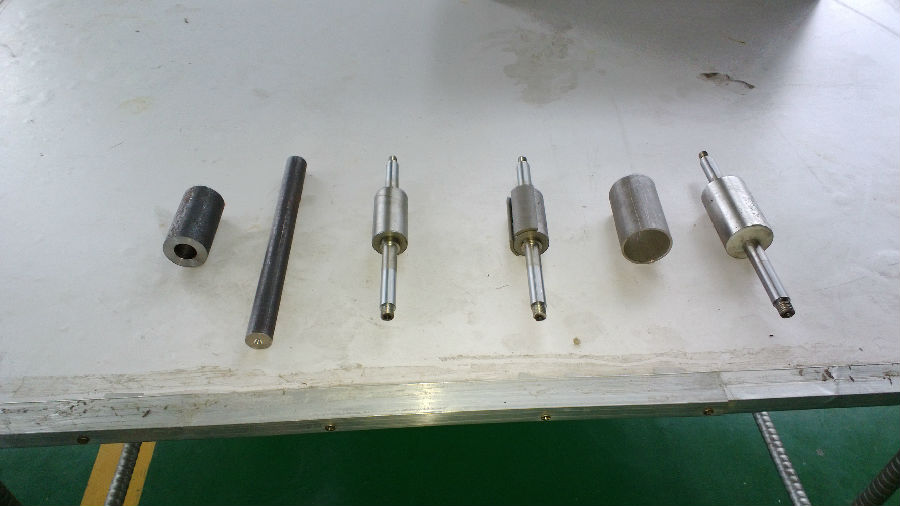
how is the motor made:
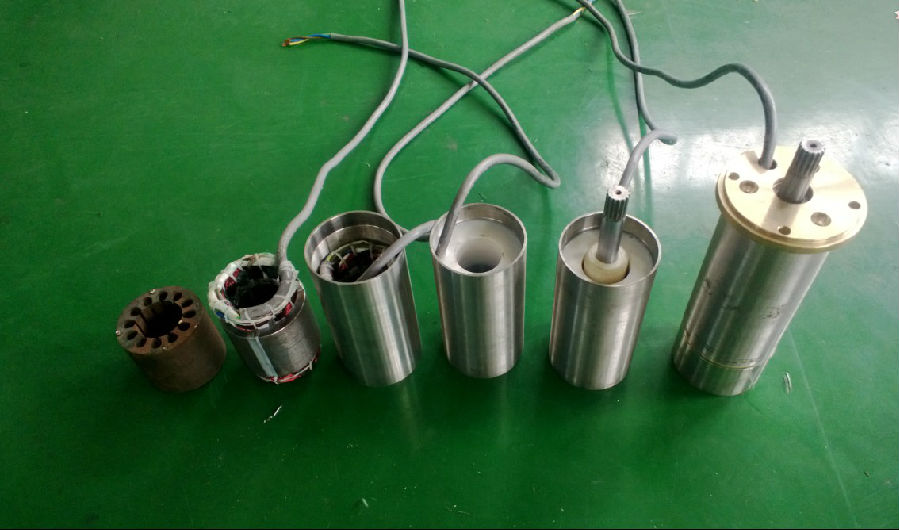
the pump :
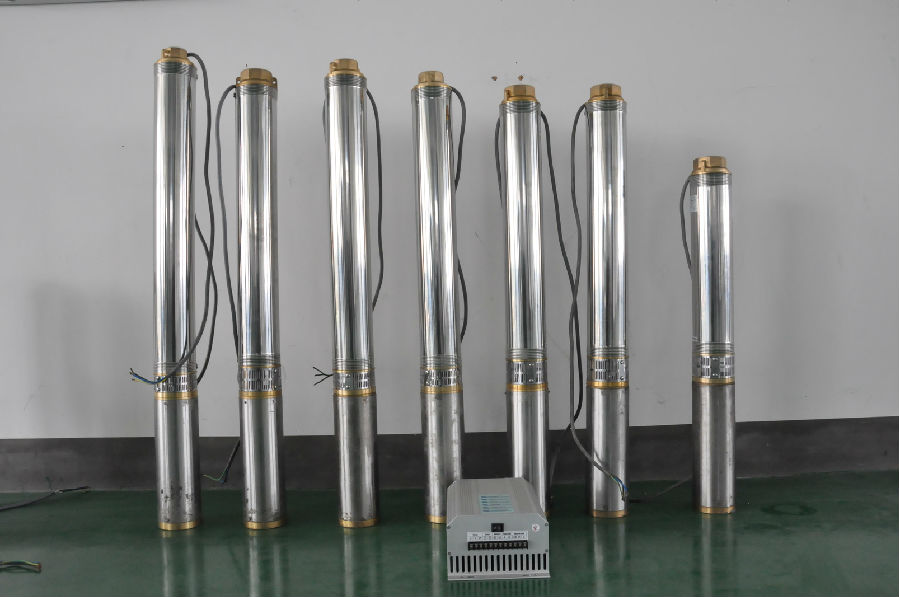
controller terminal connection:
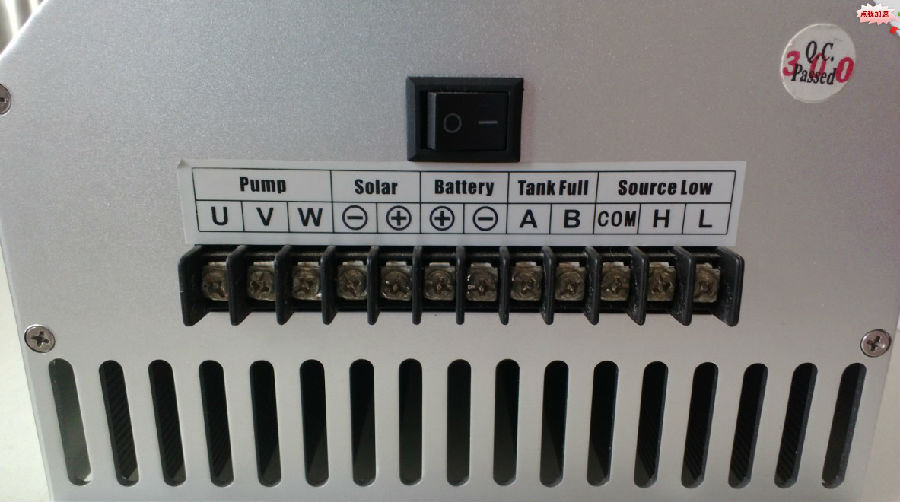
The permanent magnet:
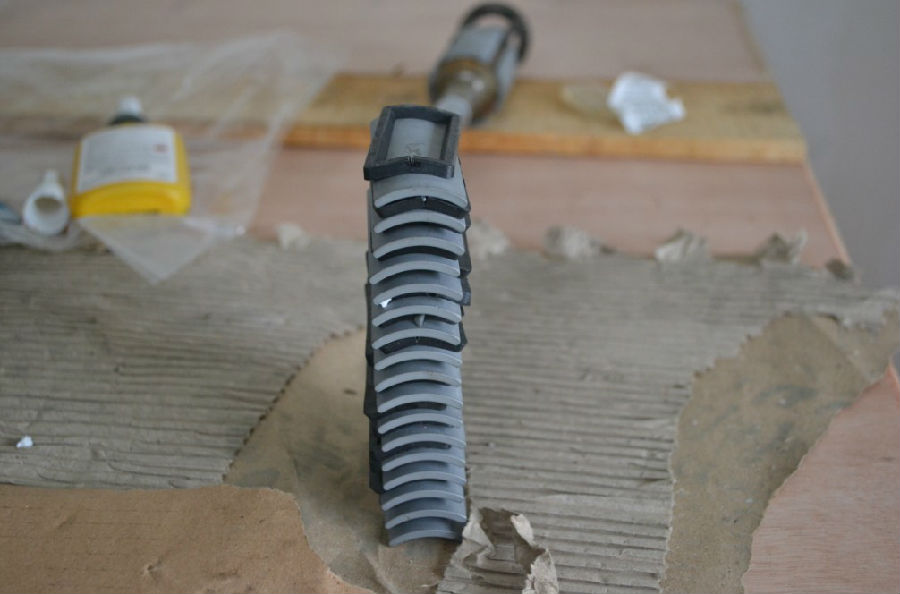
the impeller:
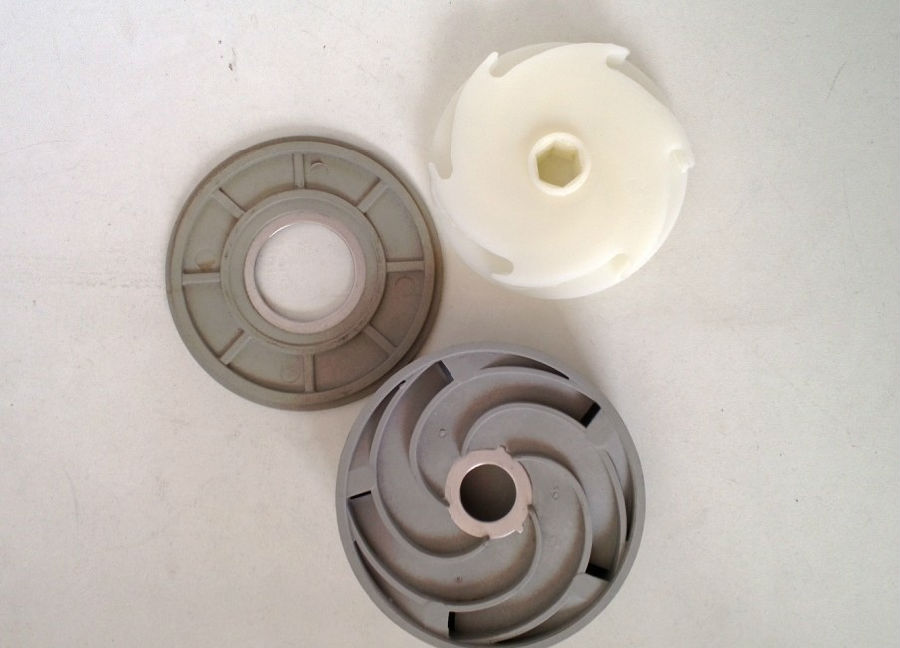
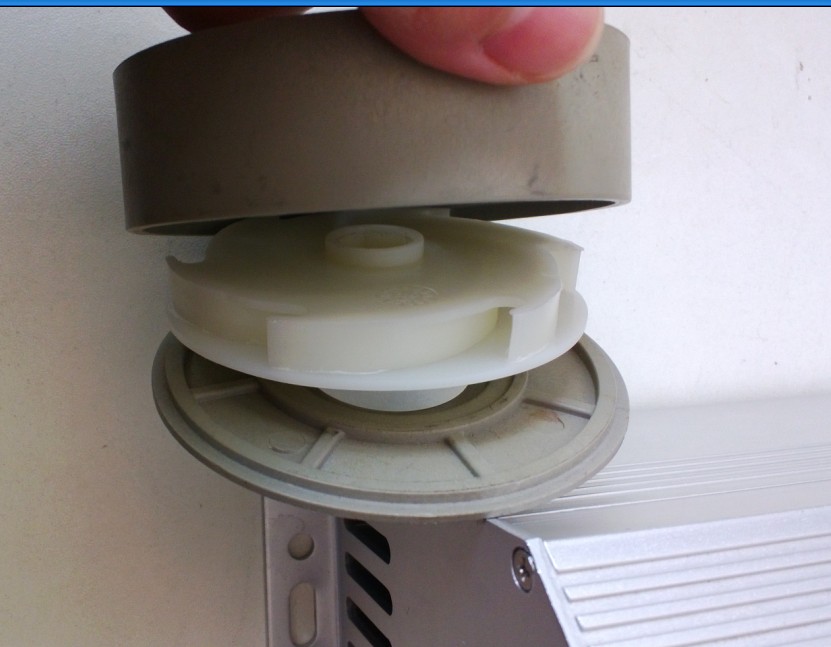
controller box:
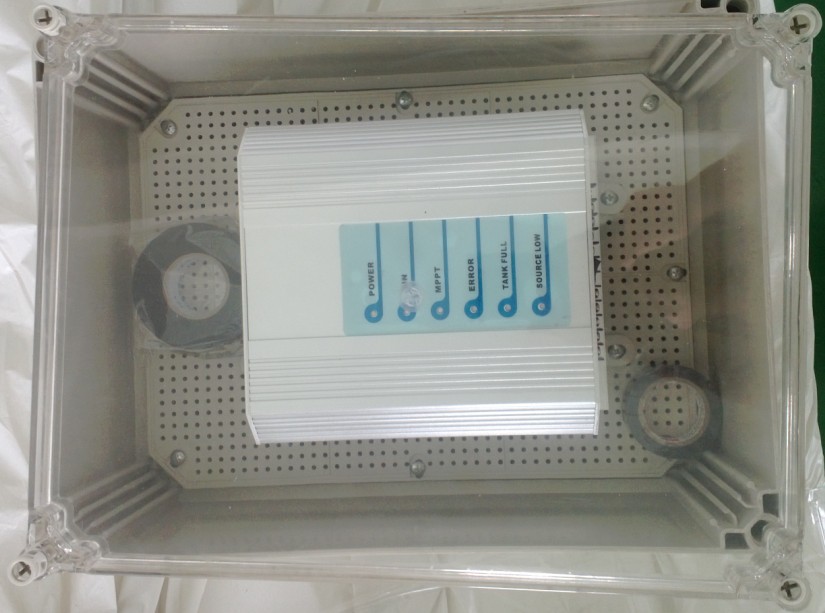
the senors:
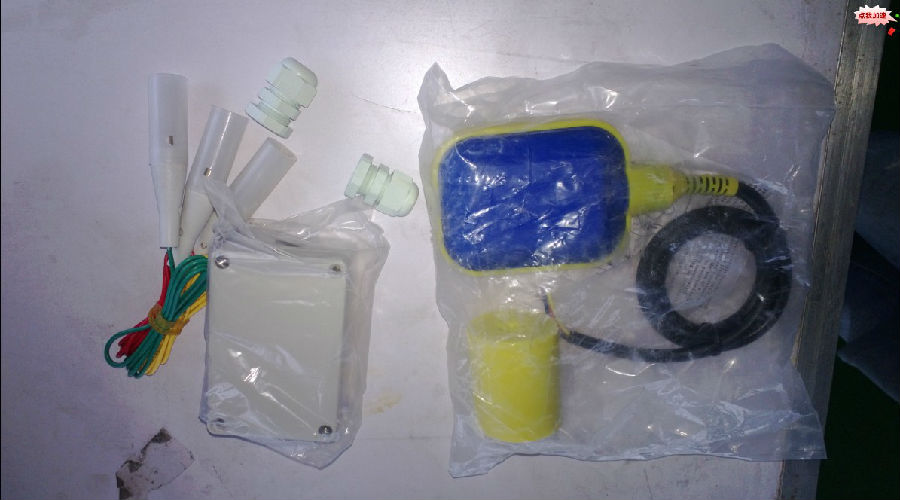
the test:
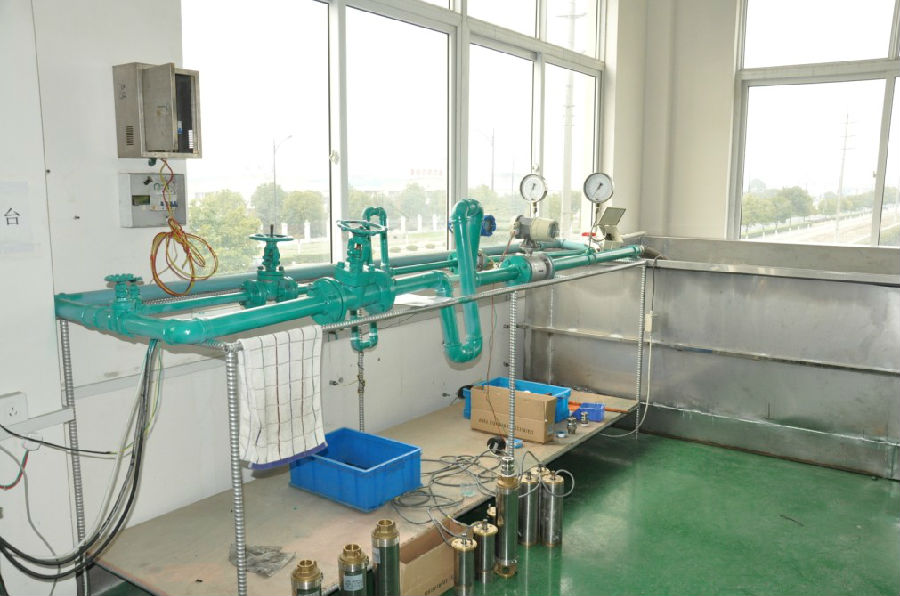
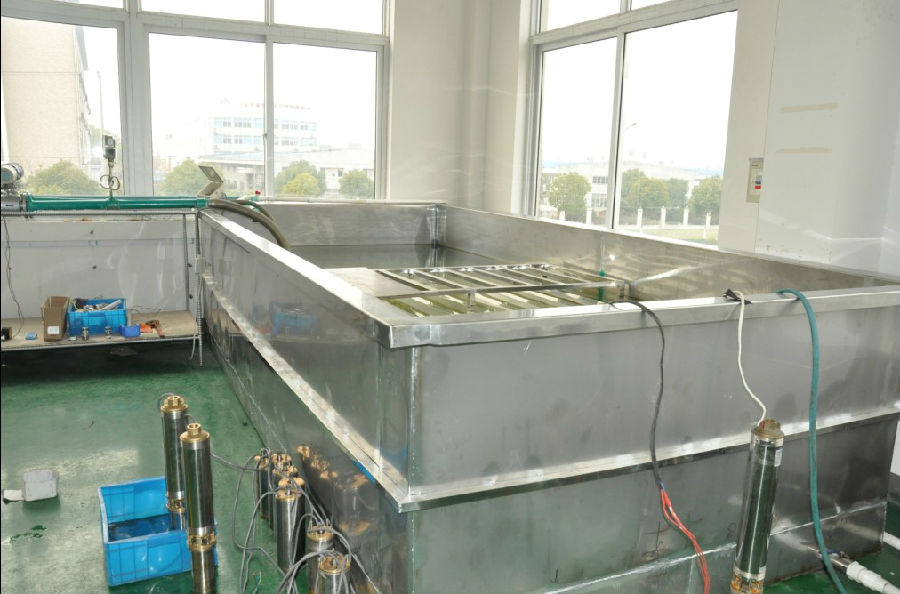
the application:
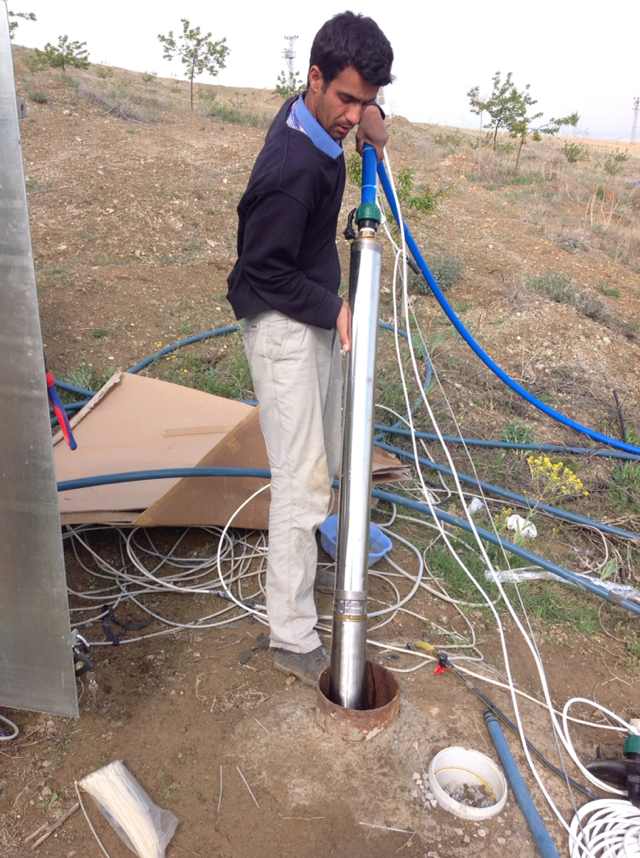
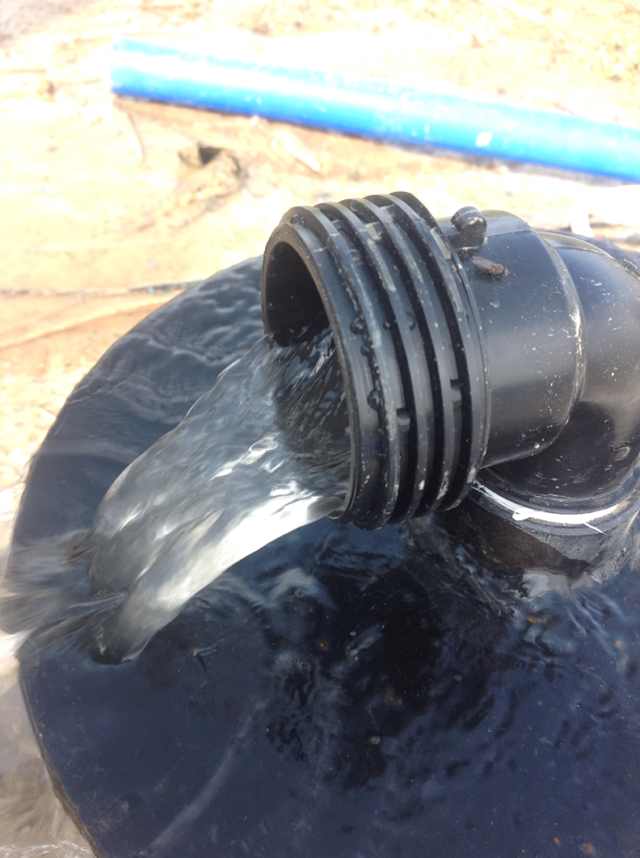
the package:
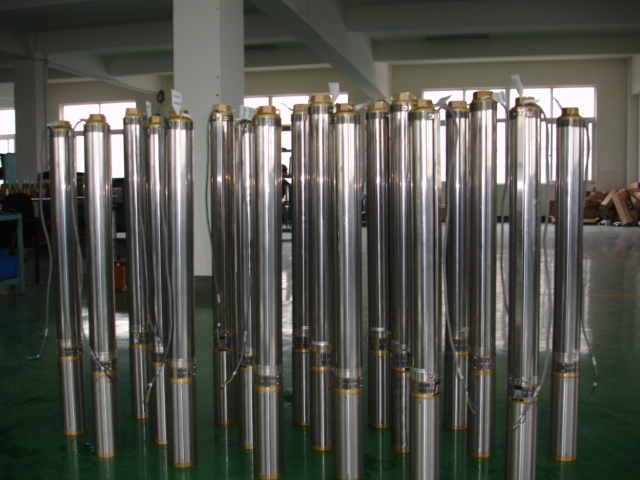
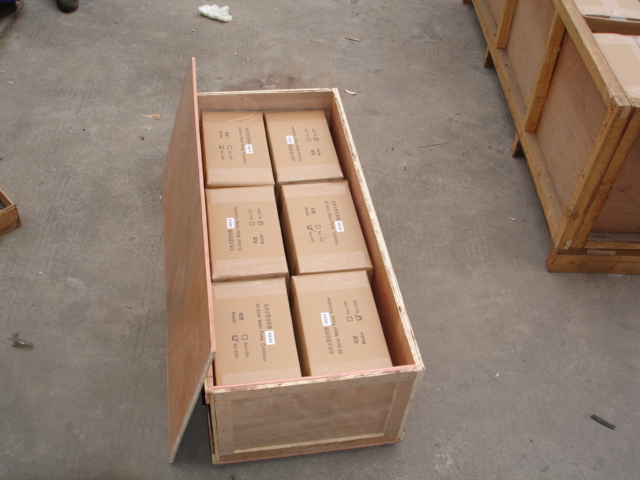
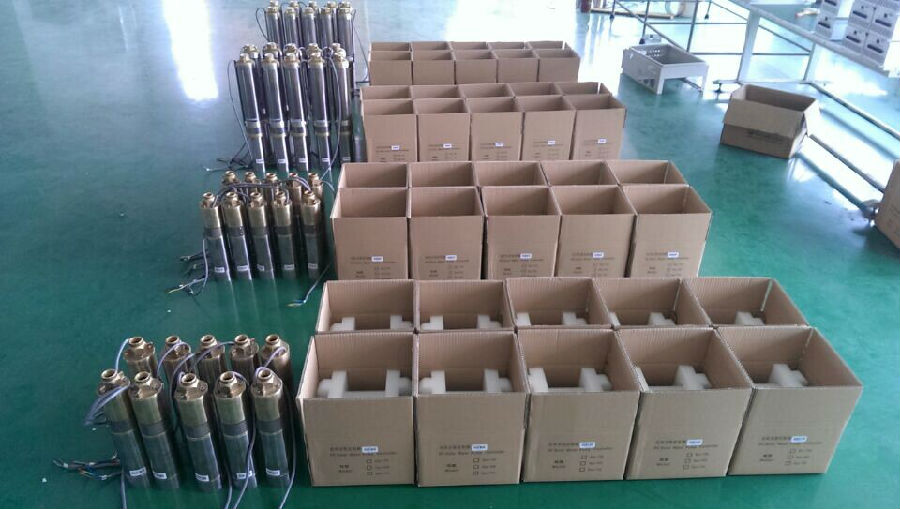
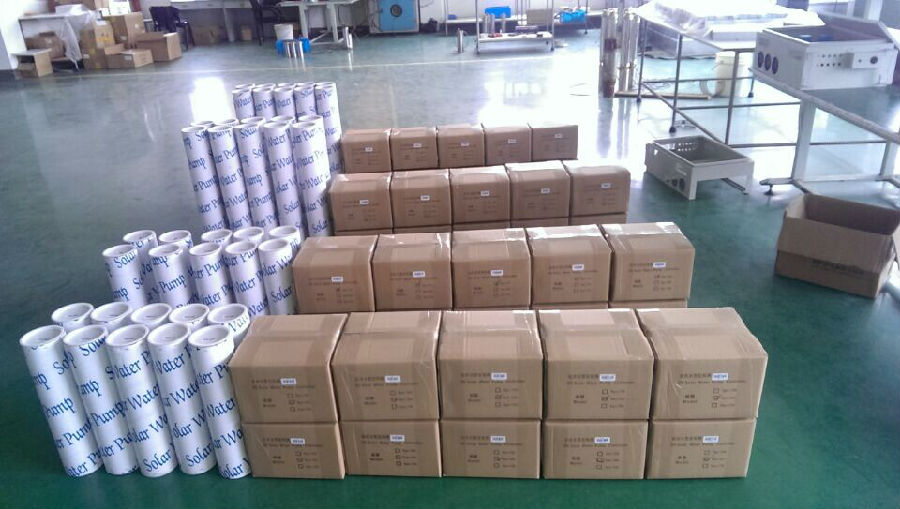
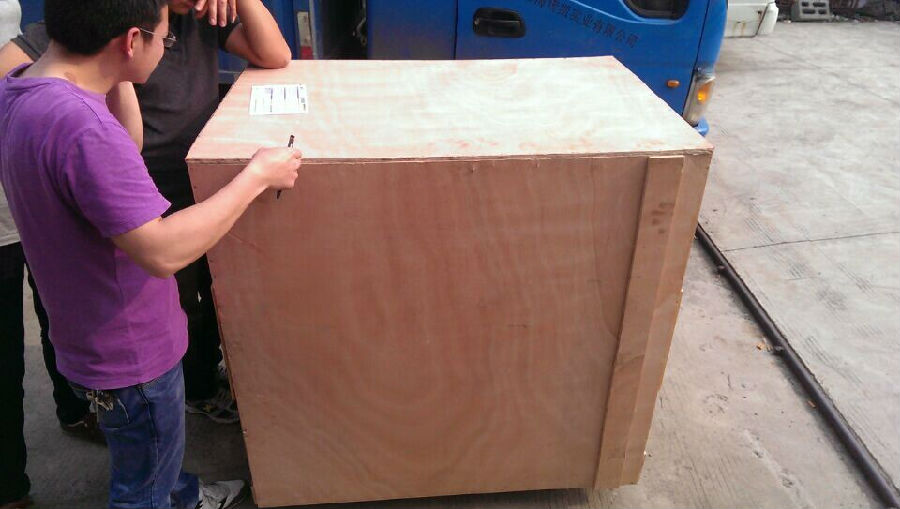
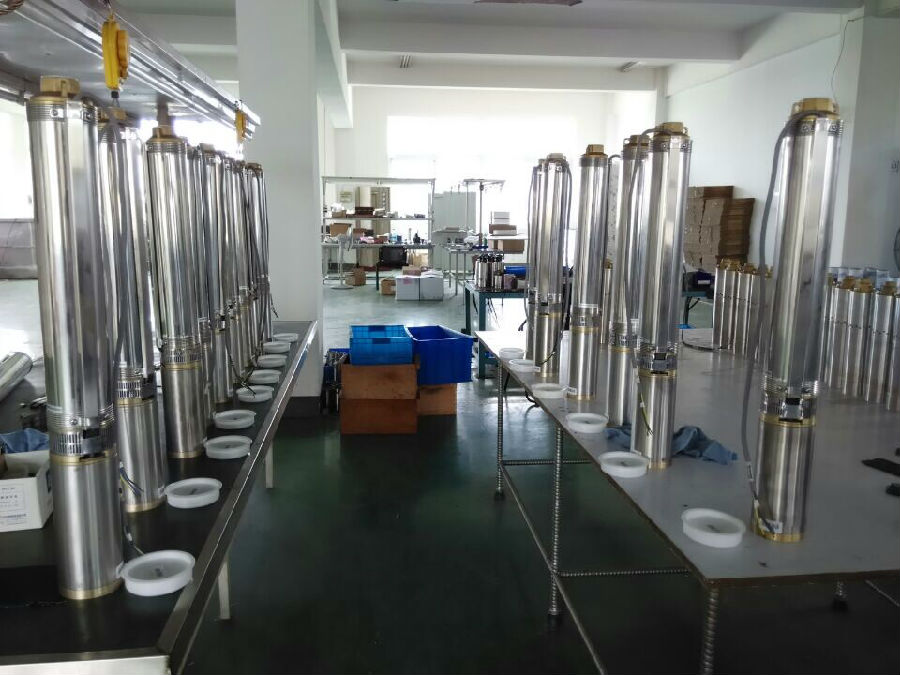
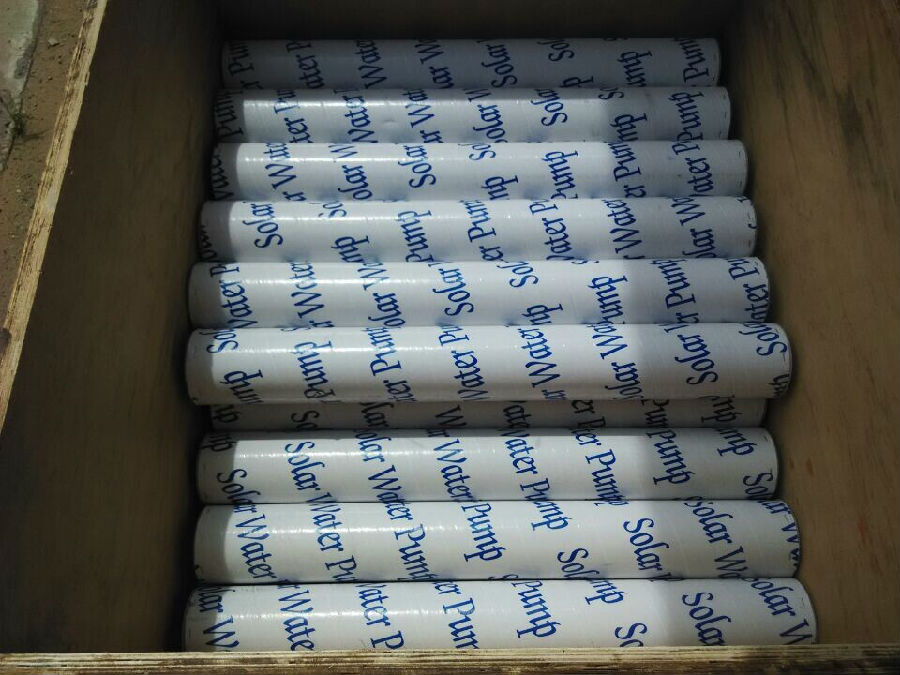
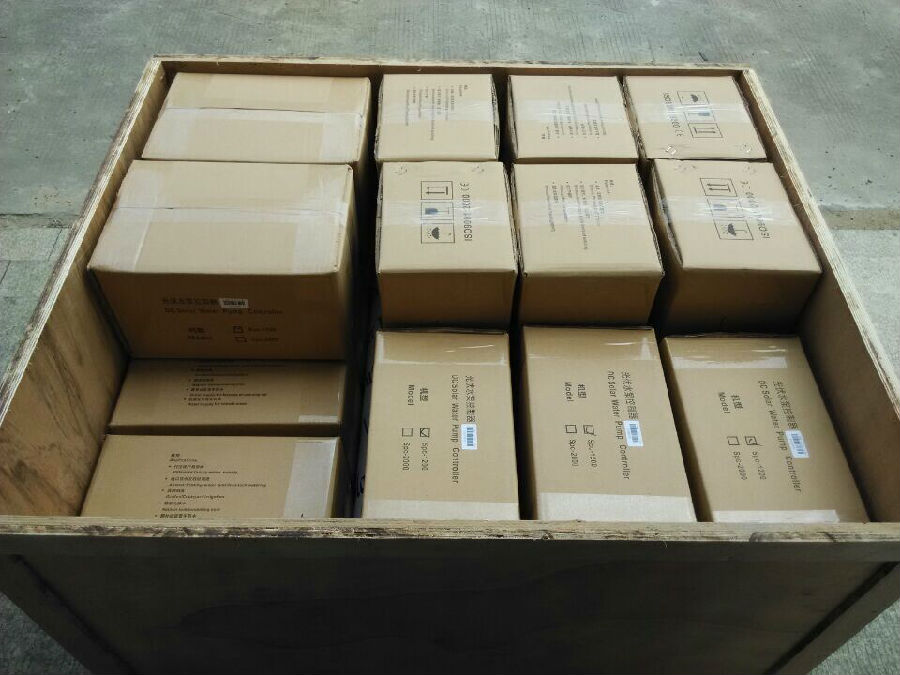
- Q: Are there any regulations on the disposal of solar pump components?
- Yes, there are regulations on the disposal of solar pump components. The disposal of solar pump components is subject to various environmental regulations and guidelines to ensure proper handling and minimize the impact on the environment. In many countries, including the United States, the disposal of electronic waste, which includes solar pump components, is regulated by the Environmental Protection Agency (EPA). The EPA has established specific guidelines and regulations for the handling, recycling, and disposal of electronic waste to prevent the release of hazardous materials into the environment. Additionally, many states and local governments have their own regulations on the disposal of electronic waste, including solar pump components. These regulations often require individuals and businesses to properly recycle or dispose of electronic waste through approved channels, such as licensed recycling facilities or collection events. It is important to note that solar pump components may contain hazardous materials, such as lead, cadmium, or mercury, which can be harmful to human health and the environment if not disposed of properly. Therefore, it is essential to follow the regulations and guidelines set forth by the relevant authorities to ensure the safe and environmentally friendly disposal of these components. To determine the specific regulations applicable to the disposal of solar pump components in a particular jurisdiction, it is recommended to consult with local environmental agencies, waste management authorities, or recycling facilities. These entities can provide accurate and up-to-date information on the proper disposal methods and any specific regulations that need to be followed.
- Q: Can a solar pump be used for water supply in off-grid cabins?
- Yes, a solar pump can be used for water supply in off-grid cabins. Solar pumps are a reliable and sustainable option for providing water in remote locations where there is no access to the electrical grid. They harness energy from the sun and use it to power the pump, allowing for a constant supply of water without the need for traditional electricity sources. This makes them an ideal choice for off-grid cabins that rely on alternative energy sources.
- Q: How does the efficiency of a solar pump vary with different water temperatures?
- The efficiency of a solar pump typically decreases with higher water temperatures. This is because as the water temperature rises, the solar panels that power the pump become less efficient at converting sunlight into electricity. Additionally, higher water temperatures can lead to increased friction and resistance in the pump system, reducing overall efficiency.
- Q: Are solar pumps easy to operate?
- Yes, solar pumps are generally easy to operate. They typically have simple controls and require minimal maintenance. Once installed and properly set up, they can be operated with ease, as they rely on solar energy to power the pump.
- Q: Can solar pumps be installed by homeowners, or is professional installation necessary?
- Solar pumps can typically be installed by homeowners without professional assistance. They are designed to be user-friendly and come with detailed installation instructions. However, it is crucial for homeowners to have a basic understanding of the installation process and have some plumbing and electrical skills. If homeowners feel uncomfortable or lack the necessary knowledge, it is recommended to hire a professional to ensure a proper and safe installation.
- Q: Are there any limitations to the flow rate of a solar pump?
- Yes, there are limitations to the flow rate of a solar pump. The flow rate of a solar pump depends on various factors such as the size and capacity of the pump, the power output of the solar panels, the intensity of sunlight, and the depth of the water source. If the pump is not properly sized or the solar panels do not generate enough power, it may result in a lower flow rate. Additionally, if the water source is deep, the pump may need to work against higher pressures, which can also limit the flow rate. It is important to consider these limitations and properly size and design the solar pump system to ensure optimal flow rates for the intended application.
- Q: What is the payback period for installing a solar pump system?
- The payback period for installing a solar pump system varies depending on factors such as the initial cost of the system, energy savings, and any available government incentives or subsidies. On average, the payback period for a solar pump system can range from 3 to 7 years.
- Q: What is the required maintenance schedule for a solar pump?
- The required maintenance schedule for a solar pump typically involves checking and cleaning the solar panels regularly to ensure they are free from dust or debris that could hamper their efficiency. Additionally, it is recommended to inspect the pump system, including its wiring, connections, and controller, periodically to identify any potential issues or damage.
- Q: Can a solar pump be used in conjunction with a water filtration system?
- Certainly, a water filtration system can be effectively used in conjunction with a solar pump. In fact, this combination is widely embraced as an eco-friendly and practical solution to deliver clean and safe drinking water in remote or off-grid locations. The solar pump is employed to extract water from various sources such as wells or boreholes, and subsequently, the water can be directed towards a water filtration system to undergo purification. The solar pump operates solely on solar energy, which not only promotes sustainability but also guarantees long-term cost-effectiveness. This amalgamation of the solar pump and water filtration system proves particularly advantageous in areas where electricity supply is unreliable or nonexistent. It enables a consistent provision of clean water without relying on conventional electric or fuel-powered pumps. In addition, the utilization of solar energy significantly diminishes carbon emissions and dependence on fossil fuels, rendering it an ideal solution for sustainable water supply.
- Q: How long does it take to recharge the batteries in a solar pump system?
- The time it takes to recharge the batteries in a solar pump system depends on various factors such as the size and capacity of the batteries, the amount of sunlight available, and the efficiency of the solar panels. Typically, it can take anywhere from a few hours to a full day to fully recharge the batteries in a solar pump system.
Send your message to us
Solar Pump for Ponds - Solar Irrigation Water Pump
- Loading Port:
- Shanghai
- Payment Terms:
- TT OR LC
- Min Order Qty:
- -
- Supply Capability:
- 300 set/month
OKorder Service Pledge
Quality Product, Order Online Tracking, Timely Delivery
OKorder Financial Service
Credit Rating, Credit Services, Credit Purchasing
Similar products
Hot products
Hot Searches
Related keywords

